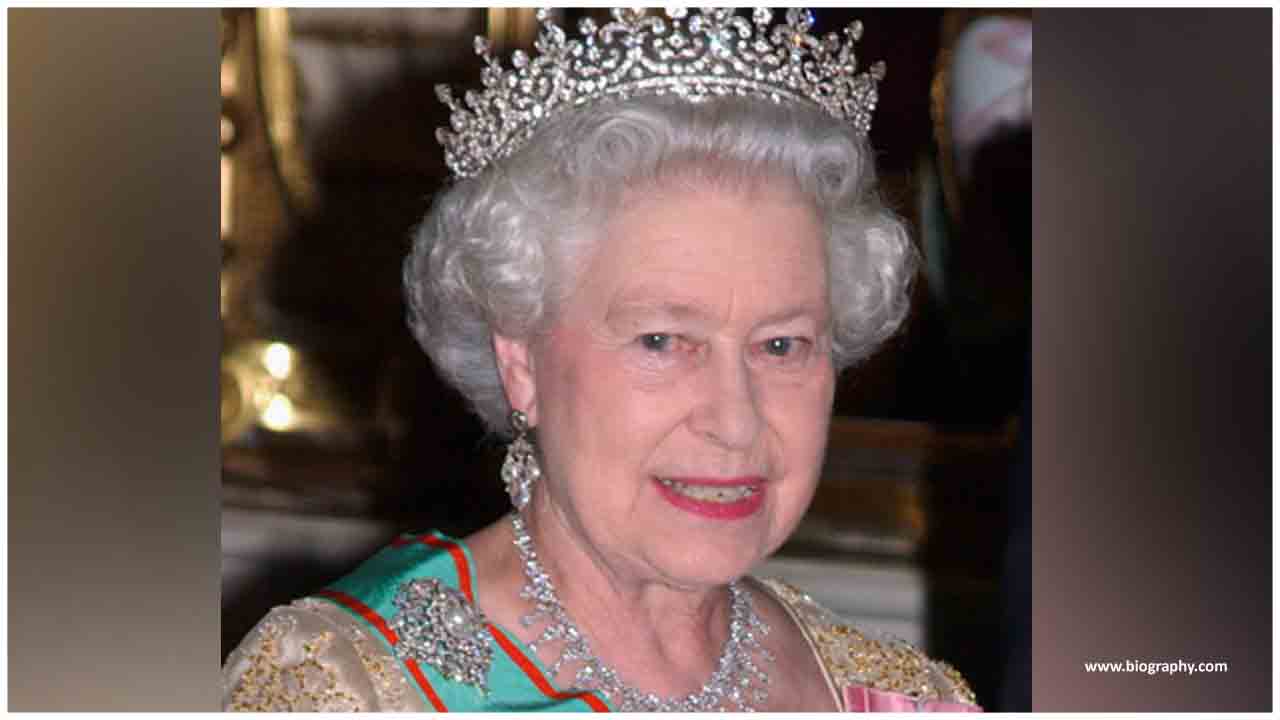An Indian consular official on Friday advised Queen Elizabeth II about the nearby joint effort between the UK and India during the COVID-19 pandemic.
Sanjibita Tariang, who works at the British Deputy High Commission in Kolkata, portrayed her experience of helping abandoned British voyagers return home during India's lockdown, as indicated by a statement by the British High Commission.
She portrayed how the "UK in India" group rose to the uncommon difficulties presented by COVID 19, through shared working among India and London, and with extraordinary collaboration from the Indian specialists.
The UK repatriated about 18,000 voyagers from India on 66 sanction flights, from 11 Indian urban areas, among April and June.
The commitment occurred during a virtual revealing of another representation of Queen Elizabeth. The craftsmanship, painted by craftsman Miriam Escofet, will be in plain view in the restored gathering of the new Foreign, Commonwealth, and Development Office.
The Queen applauded FCO staff individuals for their work in reacting to the COVID-19 pandemic.
During the commitment, the Queen addressed staff who took a shot at the repatriation exertion and found out about the work the UK Government is doing globally to build up an immunization.
Portraying her experience, Tariang stated: "Arranging the repatriation flights was a colossal and complex activity including careful arranging and coordination. We likewise needed to acquire development authorizations during an across the country lockdown - the primary test was to arrange transport from far off spots like Meghalaya and Manipur for an excursion crossing 32 hours," she said.
"I utilized my neighborhood systems and Hindi, Assamese, Bengali, Nepali language aptitudes to sort out a sheltered excursion for probably the most powerless and old British nationals. For instance: organizing a transport right from Shillong to Kolkata; mentioning help from cops to assist travelers with intersection fringes; and getting lodgings to open their eateries for supper and pressing breakfast for long excursions - all so travelers could get their trip at the last possible second," she included.

 Sanjibita Tariang narrated her experience of helping stranded British travellers get home during India's lockdown, according to a statment by British High commission
Sanjibita Tariang narrated her experience of helping stranded British travellers get home during India's lockdown, according to a statment by British High commission









.jpeg)








.png)
.png)

.png)
.png)
.png)

.png)
.png)
.png)

.png)
.png)